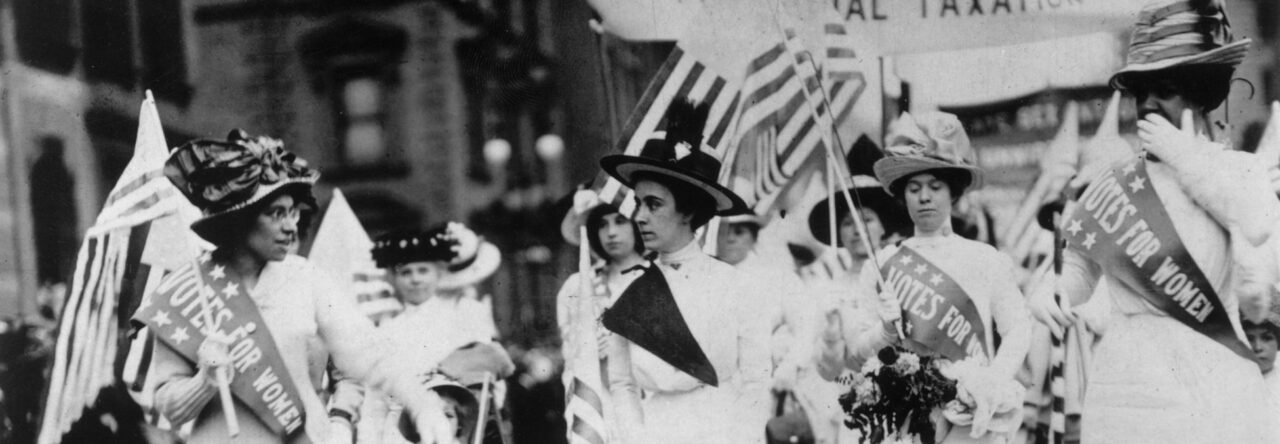 On election day, 1872, The Atlanta Constitution urged its readers “Democrats, turn out and vote this evening. There is danger of the Radicals repeating. Give the afternoon to your country.” The joint Democratic and Liberal-Republican candidate, Horace Greeley, won the state of Georgia by thousands of votes, but his showing nationwide was not strong – his additional victories were limited to Kentucky, Missouri, Maryland, Texas, and Tennessee.
On election day, 1872, The Atlanta Constitution urged its readers “Democrats, turn out and vote this evening. There is danger of the Radicals repeating. Give the afternoon to your country.” The joint Democratic and Liberal-Republican candidate, Horace Greeley, won the state of Georgia by thousands of votes, but his showing nationwide was not strong – his additional victories were limited to Kentucky, Missouri, Maryland, Texas, and Tennessee.
Greeley was seen as a coalition candidate, a Republican who was first nominated by the Liberal-Republican faction, then endorsed by the Democrats in an attempt to defeat General Grant. He had personally become “disaffected with the Grant administration because of its corruption and indifference to civil service reform, and also because of its continued enforcement of Reconstruction measures in the South” and fit well as an anti-Grant candidate. Despite the efforts of both parties behind Greeley, Grant won re-election that year by an overwhelming majority. On November 6th, the day after the election, The New York Times reported him carrying thirty of the thirty four states that had reported, receiving three hundred estimated electoral votes to Greeley’s forty nine (The final results were thirty one states to six, 55% to 44% of the popular vote, respectively).
Horace Greeley was the well known editor of the daily paper The New York Tribune, which he first began publishing in April, 1841. Greeley was well known for advocating western settlement, particularly the quote “Go west, young man, go west.” He had “not only promoted the western movement but urged as well that Americans be continually willing to uproot themselves to seek a better life.” He had a rather caricature appearance, which was made fun of in cartoons by Thomas Nast, but viewed rather affectionately by the public. This earned him the nicknames “Old White Hat,” and “Uncle Horace,” among others.
The electoral defeat was yet another blow to Greeley after a line of tragedies in for him and his family. Out of his seven children with his wife Mary, only two lived through childhood. On October 30, 1872, Greeley’s wife died. He went pack to the Tribune but “following his defeat in the election of 1872, Greeley found that control of the paper had passed out of his hands. Shocked by his electoral repudiation, the recent death of his wife, and the effective loss of his editorship, Greeley suffered a breakdown of both mind and body, and died on November 29, 1872.”
His death came after the popular vote, but before the Electors made their choices. Because Greeley was no longer a viable candidate, for obvious reasons, most of his electoral votes were split among other candidates for president, eighteen specifically going to his running mate, Benjamin Gratz Brown. Greeley still managed to get three electoral votes, though they were not counted, from electors in of all places, Georgia, the state that had supported him so enthusiastically in the general election.

Leave a Reply
You must be logged in to post a comment.